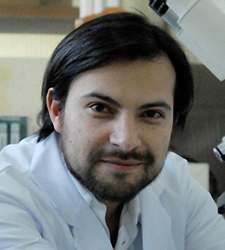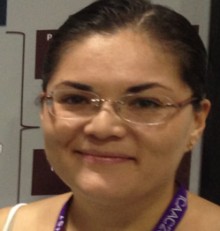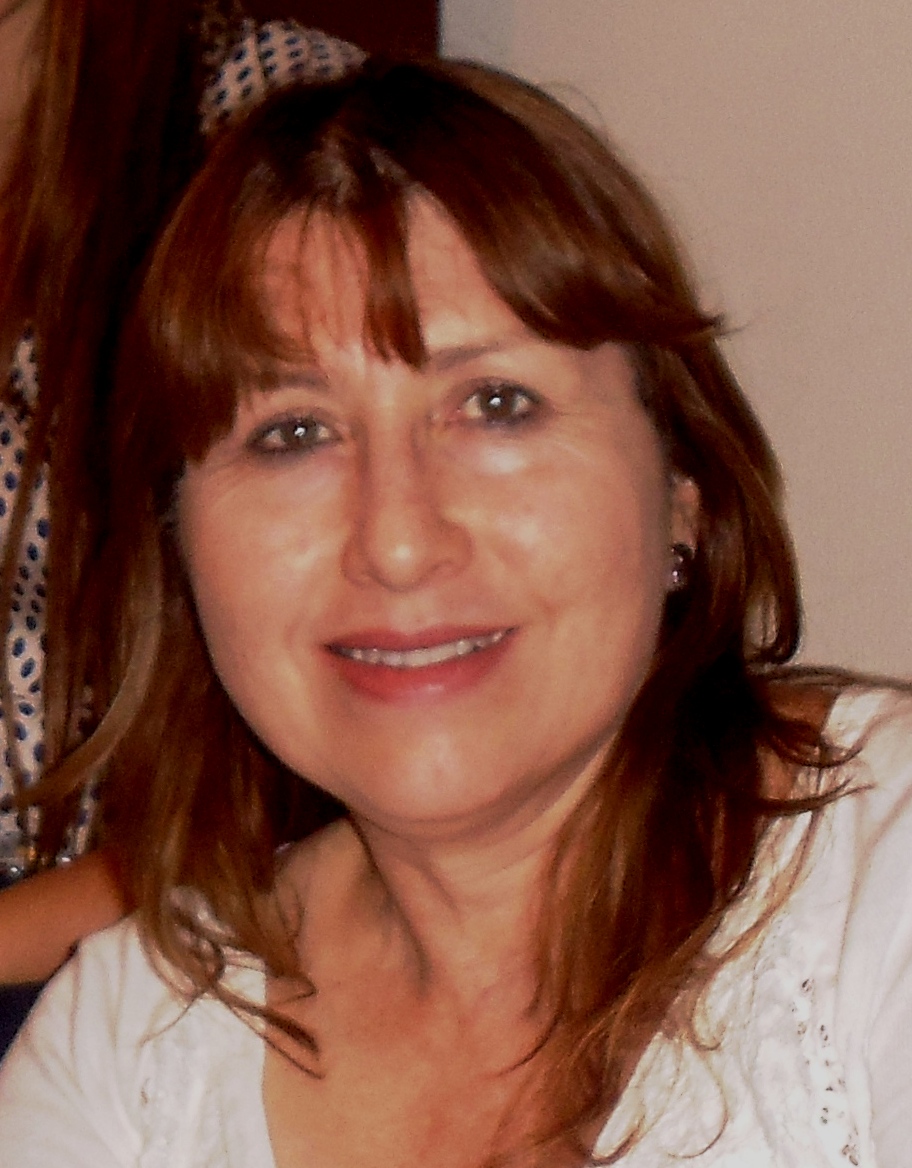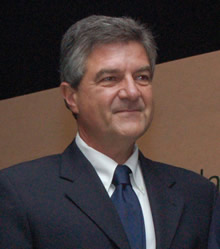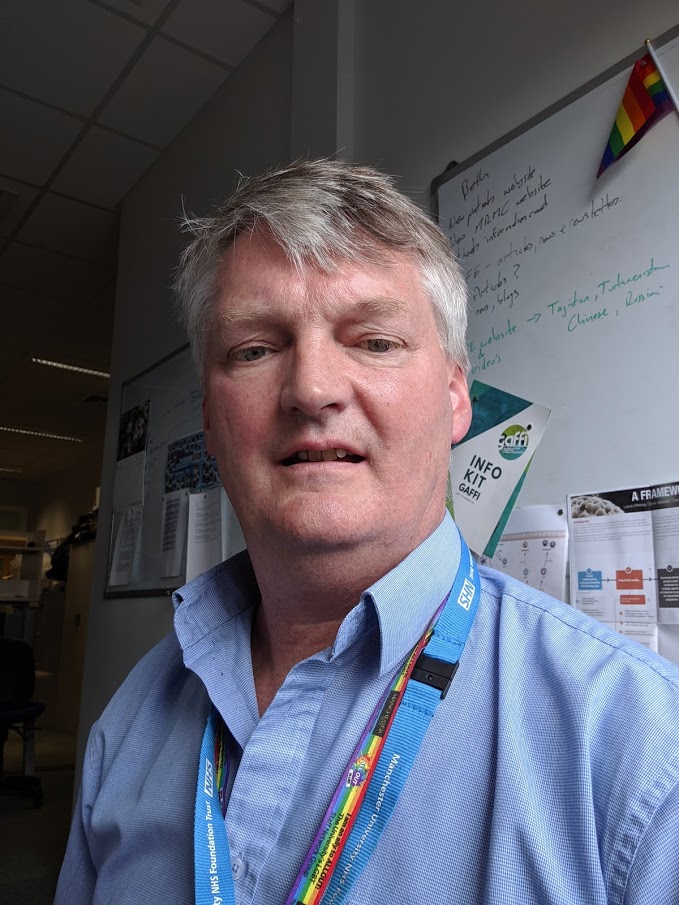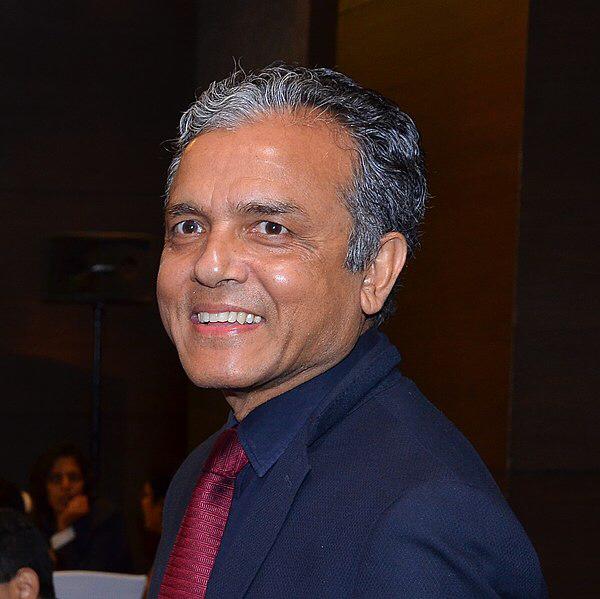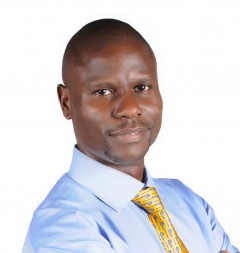Professor Eduardo Alvarez Duarte
Professor Eduardo Alvarez Duarte Academic and researcher, University of Chile, Santiago de Chile.
Prof Alexandro Bonifaz
Prof Alexandro Bonifaz, Head of Mycology Department. Dermatology service. Hospital General de México, “Dr. Eduardo Liceaga".
Dr Dora E Corzo-Leon
Dr Dora E Corzo-Leon, Infectious diseases consultant in Hospital General. Dr Manuel Gea González. México City.
Dr. Jeannete Zurita
Dr.Jeannete Zurita, Jefa del Servicio de Microbiología y tuberculosis (Chief of Microbiology and Tuberculosis Lab), Hospital Vozandes, Quito, Ecuador
Flavio Queiroz Telles
Flavio Queiroz Telles, Associated Professor – Department of Public health, Federal University of Parana, Curitiba, Brazil
Fernando Oscar Riera
Fernando Oscar Riera MD, Infectious Diseases. National University of Cordoba, Sanatorio Allende, Córdoba Hospital.
Graham Atherton
Graham Atherton has a broad background, with a first degree and subsequent PhD in genetics followed by 15 years as a scientist in cancer research (The Beatson Institute 1987-1990, The Paterson Institute 1990-2000). Graham joined David Denning at Manchester University in 2000 to work on the Aspergillus Website (www.aspergillus.org.uk) and he has gone on to develop a series of websites, all in the field of fungal disease for stakeholders including researchers, clinicians and patients, National Aspergillosis Centre, Manchester Regional Mycology Centre, Manchester Fungal Infection Group. He successfully studied for a Masters degree in Computing in 2007.
In 2009 the National Aspergillosis Centre was created by the NHS Highly Specialised Commissioning Group and Graham went on to support thousands of patients as part of that Centre.
The websites Graham runs are viewed by hundreds of thousands of people, professional and patient, each month and he currently supports 3-4000 patients with fungal diseases worldwide via several very active patient communities.
The impact damp buildings have on our health has been an interest over the last 20 years and Graham has served as a Director of Education and Fellow of the Institute of Specialist Surveyors and Engineers (2013-2019 www.isse.org.uk) and co-Chair of the Damp Homes and Health Working Group of the UK Centre for Moisture in Buildings (2017- ukcmb.org).
For information on publications see https://www.research.manchester.ac.uk/portal/graham.atherton.html
Swarup Sarkar
Swarup Sarkar is an Indian physician, epidemiologist, public health professional and diplomat known for his works in the field of Infectious Diseases and HIV/AIDS in particular.
Sarkar served as the Director of Communicable Diseases of the World Health Organization, South East Asia Regional Office (WHO SEARO) and is currently an advisor to international health agencies. He also holds the C G Pandit National Chair for Health Research at the Indian Council of Medical Research. Prior to his role in the WHO, Sarkar has worked as the Head of South Asia and Regional Advisor of the Asia Pacific region of the UNAIDS, Asia Pacific Regional Director of The Global Fund to Fight AIDS TB and Malaria and with the Asian Development Bank. Sarkar for long has been an advocate for raising the political commitments and allocation of resources to fight HIV/AIDS and TB in the South Asian countries. He has been instrumental for the availability of antiretroviral drugs through free-to-end-user programs. He has worked extensively with people left behind including migrant labourers, injection drug users, sex workers, transgenders and men who have sex with men and has been active to curb the prejudice and biases against the groups most at risk for communicable diseases, that are embedded in laws, policies, and the operational guidelines of law enforcement agencies in South Asia.
He has earlier worked with GAFFI in producing evidence and cost-effectiveness on opportunistic infections associated with HIV specifically on Cryptococcus and PCP.
Sarkar is an author and contributor to more than 100 publications, including policy and advocacy documents, technical reports, training manuals, peer-reviewed journal articles, book chapters and abstracts at international conferences.
Emma Orefuwa
Director for Africa Programmes
Emma Orefuwa brings with her 14 years of Public Health program management experience and has worked extensively in Africa, Asia and Europe. Her first degree was in Biochemical Sciences at the University of Salford in 2001. She then went on to study a Master of Science in the Biology and Control of Disease Vectors at the London School of Hygiene & Tropical Medicine (2002) and subsequently, a Masters in Public Health from Kings College (University of London) in 2009.
She has held a number of high profile project and programme management roles within the UK National health service, International Development, and Global Health sectors. Her most recent apointment was as Strategic Operations Consultant and Programme Manager for Connecting Organisations for Regional Disease Surveillance (CORDS) France, a network of regional disease surveillance networks networks to improve global capacity to respond to infectious diseases.
Emma has extensive experience managing multi-country Maternal, Newborn and Child Health programmes for the African Medical Research Foundation (AMREF Health Africa, UK) and has led the implementation of Diaspora development programmes at the African Foundation for Development (AFFORD). Her research has spanned her diverse range of interests; from carrying out susceptibility studies of the mosquito vector Culex quinquefasciatus to local strains of the Lymphatic filariasis parasite Wuchereria bancrofti in Nigeria, to seeking to gain a deeper understanding of ways in which to engage young African diaspora in the development of Africa.
As a second generation African diasporan of Nigerian and Seychellois descent, Emma has a passion for supporting Africans to act as agents of change, and for facilitating African solutions to African problems. It was during her time working as a co-organiser for the European Mosquito Research Association annual conference in 2009, that she decided with fellow African entomologists, to co-found the Pan African Mosquito Association (PAMCA), an African-led network of scientists and Public Health professionals dedicated to identifying unified approaches to fighting vector-borne disease across the African continent.
Emma is Director of Programmes, Africa, with responsibility for supporting GAFFI’s Ambassadors, regional networks and programme development and monitoring.
David Meya
David Meya, Senior Lecturer, Department of Medicine, College of Health Sciences, Makerere University, Kampala
